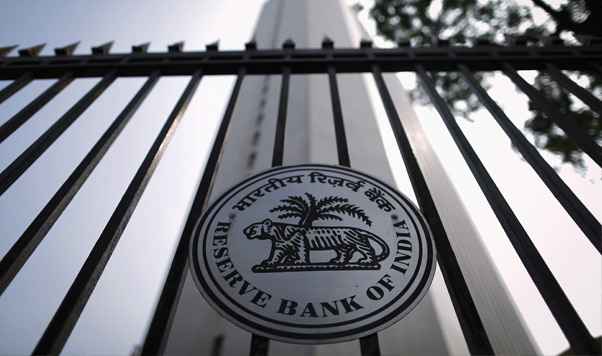RBI's Regulatory Sandbox for Fintech Startups
Updated On : April 2019
At a time when the fintech industry in India is growing rapidly and gaining a lot of attention, a regulatory framework is the need of the hour. Seeking to boost innovative fintech solutions by startups, RBI has announced the introduction of a regulatory sandbox, the guidelines of which will be issued in June. The regulatory sandbox will be a safe experimental space for fintech start-ups to conduct live experiments and test new products or services in a supervised controlled environment.
Here, pilot projects can be tested with a select number of participants and consumers, which will allow policy makers to analyse the implications brought by changes in policy to companies and also clients. At the same time, it will minimize any potential damage because of its limited user base and supervised activity.
From a business perspective, there is the advantage of testing the viability and impact of any new products, in a supervised environment, before launching it.
The RBI regulatory framework aims to tackle all the gaps and associated risks while focusing on the growth of the fintech sector. The aim is to ensure organized development of fintech with appropriate regulatory frameworks, to streamline their influence in the financial system, to shield customers and protect the interest of stakeholders.
Banks are also being invited by the central bank to explore ways to develop alliances with fintech startups to work on financial inclusion through innovation.
Features and benefits of a regulatory sandbox
The RBI regulatory sandbox will help fintech companies to launch innovative products at a lower cost and in much less time.
The regulatory sandbox, while making it possible for fintech companies to test their software and coding, also allows them to carry out live or virtual testing of their new products and services.
Fintech start-ups will be able to test the feasibility of a new product without going through an expensive and wider rollout.
While helping start-ups to experiment with fintech solutions, in case of failure the consequences can be contained and the reasons for the failure can also be analysed.
According to RBI governor, Shaktikanta Das, a new regulatory framework will also help to protect user interests.
The sandbox aims to provide a space for increasing efficiency, managing risks better and creating new and better opportunities for customers.
The sandbox improves access to supervisory authorities by creating a one point of contact.
The fintech sector consists of asset management, mobile payments, loans, money transfers, crowdfunding, and many others. Attracting almost $6 billion in investments since 2014, India is one of the fastest growing fintech markets globally. Today, according to the India Fintech Report 2019, the Indian fintech ecosystem is the world's second biggest in the world, behind US, with 2,035 startups operating in the sector lead by startup hubs, Mumbai and Bengaluru. Research indicates that $1 trillion, or 60% of retail and SME credit, will be disbursed digitally by 2029. Fintech companies provide financial services like payments, peer-to-peer lending and crowdfunding through the use of technology. Hence, a regulatory and supervisory framework for fintech firms is required, to protect customers, safeguard the interest of stakeholders and to effectively streamline their influence on the financial system.
UK had the first regulatory sandbox for fintech innovation in 2015, and since then, over 20 countries have implemented the system. These countries include Singapore, Australia, Canada and China. Besides the RBI, the Securities and Exchange Board of India (SEBI) is also contemplating a 'regulatory sandbox' approach to take advantage and make use of the latest innovations like blockchain and artificial intelligence in the market. Internationally, many other countries across the globe are also working on the idea of fintech sandboxes. In 2018, according to reports, countries like UK, US and Hong Kong have decided to enter into a strategic alliance to further the growth of fintech.
Going ahead, regulatory sandboxes will bring in positive development in the fintech industry, irrespective of their specific terms, structures or mandates. They are the catalyst to innovation, they build trust among stakeholders, they protect consumers and bring about practical and progressive regulations. The RBI is set to bring about a much needed balance between innovation and regulation and propel the Indian fintech industry to reach its full potential.


Comments :